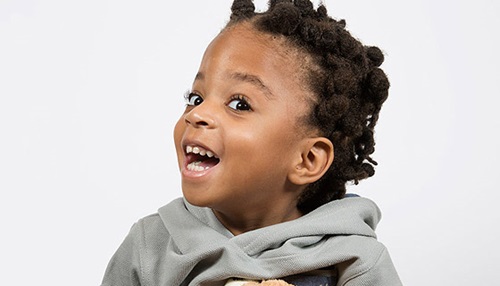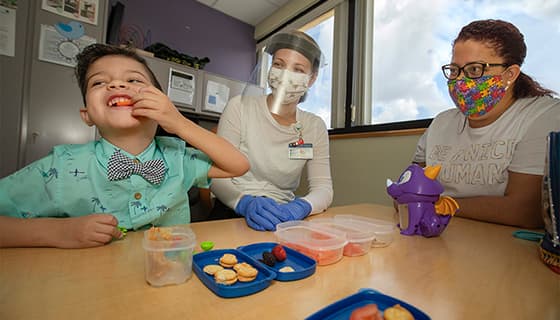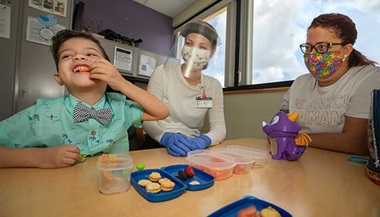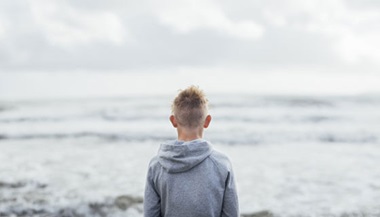Teaching Your Child Gratitude

The season of Thanksgiving is upon us. It’s a special time to pause, to reflect, and to be grateful for the people and things that enrich our lives.
Gratitude has proven health benefits any time of the year, and while it has become a bit of a buzzword in the wellness space, it can be a rather abstract concept for young children. How can we help our kids to understand and embrace gratitude? We put some questions to Jennifer Katzenstein, Ph.D., the director of psychology, neuropsychology and social work at Johns Hopkins All Children’s Hospital.
What is gratitude, exactly?
Gratitude is not only about being thankful and recognizing all the blessings and opportunities in our lives, but also showing appreciation and kindness for those around us. It is a moment to pause, to recognize what we have and what we sometimes take for granted. It is being present in the moment and recognizing all the beauty around us.
Why is it important to teach gratitude to our children?
There are so many reasons! One is that it may be a value that your family holds dear — being grateful and thankful for what we have. But gratitude practice also has health benefits, even for kids — including less stress, better sleep, improved optimism, better relationships, and less reported anxiety and depression.
Parents teach their kids to say, “thank you.” But being grateful really is about so much more than that, isn’t it?
It is so much more! We want to make sure our children understand why we are saying thank you and mean it. As parents, we are tempted to say, "What do you say?" — expecting our children to say, "Thank you." But it is also helpful to ask them, "How did that make you feel?" This way, they can start linking the feeling of gratitude with the words.
These are challenging times. How do we find room for gratitude?
There is always room for gratitude. In many ways, it is a great way to cope with challenges!
Remembering each day what it is we are grateful for and perhaps reinforcing it visually, maybe in a message on the fridge, or written in dry erase marker on the mirror or in a gratitude journal, etc. It can be as simple as waking up each morning and naming 10 things for which we feel gratitude — one on each finger!
Another option that is especially nice this time of year is to start a "grateful jar," where each family member writes something nice that someone did, or shares someone they are thankful or grateful for on paper and puts it in the jar. Then the family can read them together.
Try adding a moment of mindfulness to each day — enjoying the beauty in nature, the kindness of another, or appreciating a special moment with your child.
Is gratitude something you can build — and help your kids build — over time?
Yes! As parents and caregivers, our kids are always listening and watching. Modeling gratitude is essential. Also, part of building gratitude involves building empathy. When you see someone who seems upset or may be having a bad day, talking through together what they may be experiencing and why they may be upset is important. Beyond being grateful and recognizing it ourselves, we can show our children how we help others, such as doing something kind for a friend, neighbor or teacher, for example.
Can you share suggestions on when we might model gratitude and help our children to build on it?
Perhaps in your “daily talk” with your child, chatting over mealtime, on the way to or from school, or when you’re helping your child prepare for bedtime. Remember, don't only use the words, but talking about how each of the things we are grateful for makes us feel, is important.
It is most important for us to talk to our kids about why we are grateful for them!
Johns Hopkins All Children's Hospital Institute for Brain Protection Sciences

When your child needs care, you want the very best medical team available. The Institute for Brain Protection Sciences at Johns Hopkins All Children's Hospital in St. Petersburg, Florida, was developed with your child in mind. We've brought together highly skilled pediatric specialists in neurology, neurosurgery, rehabilitative medicine, psychiatry, psychology, neuropsychology, sports medicine and developmental behavioral medicine to design individualized treatment plans to meet the unique needs of each child.






